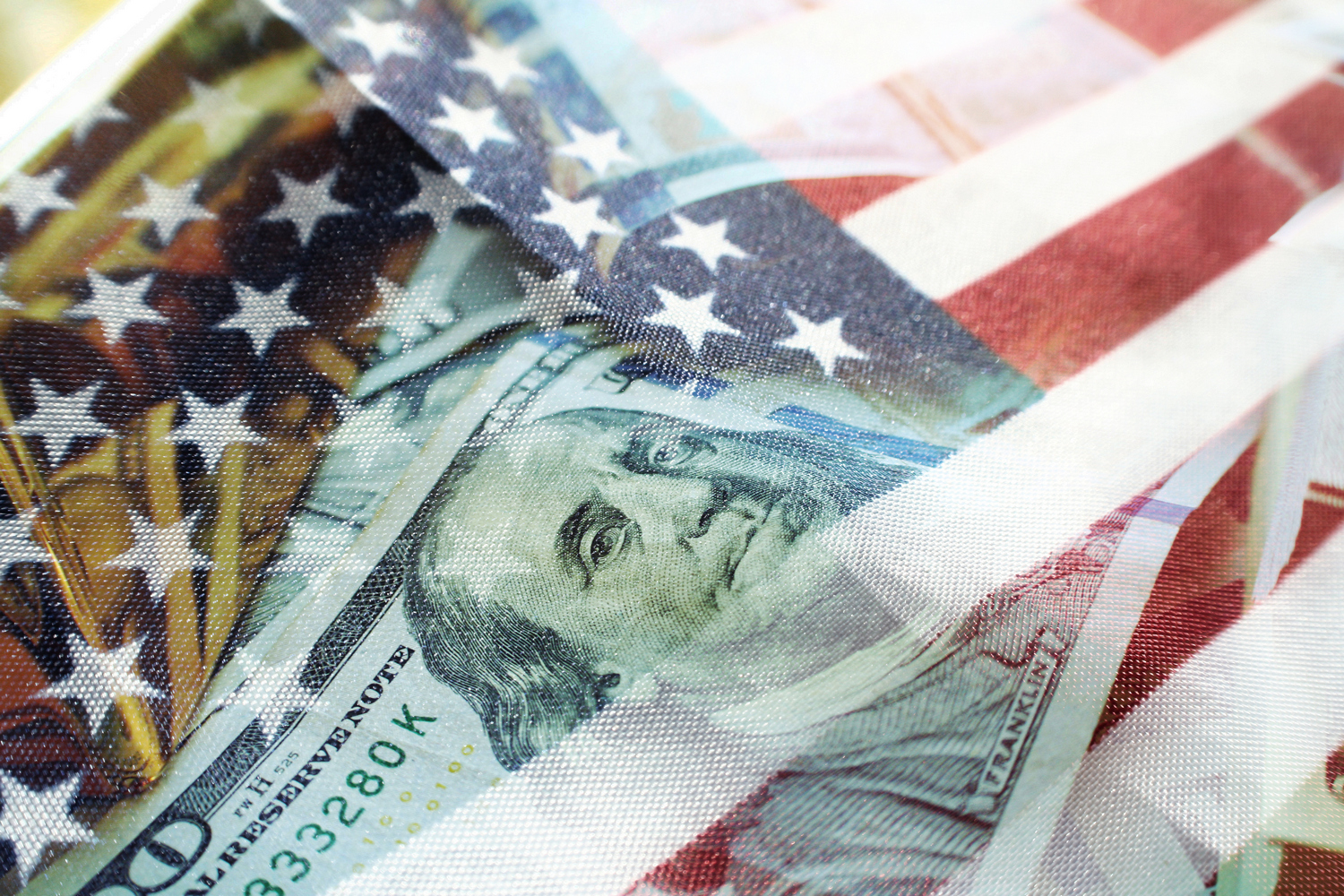Social scientists have shown that voters tend to reward politicians and governments that directly put cash in their hands. However, this kind of direct redistribution through the tax code, while explicitly involving government, is not the only means by which governments may seek to change the income distribution. Regulation of private market transactions may have a similar, if indirect, effect, implicitly redistributing via so-called “pre-distribution” policies. Wage floors, in particular, are implemented with the clear goal of redistributing pre-tax firm income to low-wage workers.
In the United States, polls consistently indicate minimum wage increases are broadly popular – and clearly associated with the Democratic party. A new IZA discussion paper by Emiliano Huet-Vaughn provides the first test of whether large minimum wage increases actually yield electoral gains for Democrats. For both federal and state races, the author finds no evidence that this is generally true using an event-study design and sub-national variation in minimum wages from the early 1990s to recent years. A null result is further confirmed when using a beneficiary-level political sentiment measure and difference-in-difference design.
Various explanations for the finding are explored and dispelled while newly collected survey evidence supports a salience, or inattention, mechanism. Specifically, voters are found to attend much less to a minimum wage increase than to an equivalently-valued direct cash transfer from the government. This suggests putting money in people’s hands may not be enough to receive political credit and that the directness of a transfer may itself matter.
